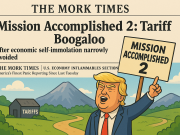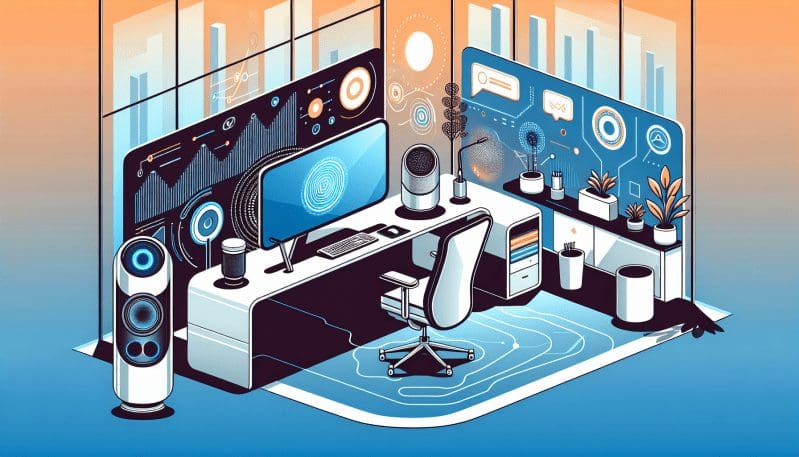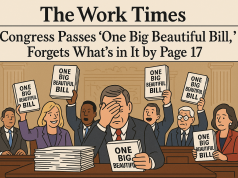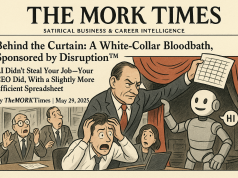In a landscape dominated by rapid technological advancements and shifting economic currents, the very nature of work is evolving. Gone are the days of a one-size-fits-all career trajectory. A new era is upon us: an era of ‘Job Crafting.’ This dynamic concept empowers individuals to redesign their roles to better align with their unique strengths, passions, and lifestyles. But what does this mean for the traditional workplace? How can it accommodate such personalized career paths? And what are the broader implications for employers, employees, and the economy?
To better understand job crafting, we must first recognize its origins. Rooted in an increased emphasis on personal fulfillment and work-life balance, job crafting allows employees to mold their responsibilities, alter their interactions, and reconsider their tasks to create a more rewarding professional experience. This approach flies in the face of standard hierarchical structures, paving the way for a more flexible and intrinsically motivated workforce.
For workers, the benefits of job crafting are manifold. It offers a sense of autonomy, enabling them to highlight their strengths and pursue work that they find genuinely engaging. This leads not only to increased job satisfaction but also to greater productivity and creativity. The positive effects ripple outward, often resulting in enhanced well-being and a more profound connection to their company’s mission and values.
Employers, too, stand to gain from this shift. Companies that embrace job crafting report higher levels of employee retention and a stronger, more resilient organizational culture. Yet, this requires a radical rethinking of managerial strategies and workplace design. It’s about creating an environment where job crafting can thrive—where flexibility is baked into job descriptions and growth opportunities are abundant.
However, the transition to a job-crafted future is not without its challenges. There exists a delicate balance between individual aspirations and the collective goals of a business. For job crafting to be sustainable, it must align with the needs of the company and the economy at large. This calls for innovative leadership that can navigate the complexities of personalized careers while maintaining a cohesive, strategic direction.
As industries transform and new ones emerge in response to job crafting, we’re likely to see a proliferation of roles that didn’t exist a decade ago. This could signify a shift from traditional employment models to a gig and freelance economy, posing new questions about job security and benefits.
In our next article, we will delve deeper into the opportunities and limitations of job crafting. We will discuss strategies for employees looking to craft their careers and for employers aiming to facilitate this new work paradigm. Moreover, we will examine what this could mean for the future economy and how both workers and companies can adapt to not just survive but thrive in the jobs of the future.
Join us in this critical discussion as we navigate the contours of a workplace that is as diverse and multifaceted as the people it comprises. The future of work is not just about what we do—it’s about how we shape our careers to lead more fulfilling lives, both within and beyond the office walls.




























